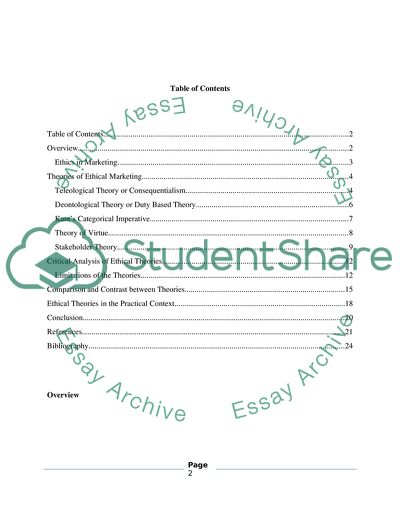Cite this document
(Different Ways of Solving Ethical Problems Case Study, n.d.)
Different Ways of Solving Ethical Problems Case Study. Retrieved from https://studentshare.org/marketing/1747448-ethical-marketing
Different Ways of Solving Ethical Problems Case Study. Retrieved from https://studentshare.org/marketing/1747448-ethical-marketing
(Different Ways of Solving Ethical Problems Case Study)
Different Ways of Solving Ethical Problems Case Study. https://studentshare.org/marketing/1747448-ethical-marketing.
Different Ways of Solving Ethical Problems Case Study. https://studentshare.org/marketing/1747448-ethical-marketing.
“Different Ways of Solving Ethical Problems Case Study”. https://studentshare.org/marketing/1747448-ethical-marketing.


